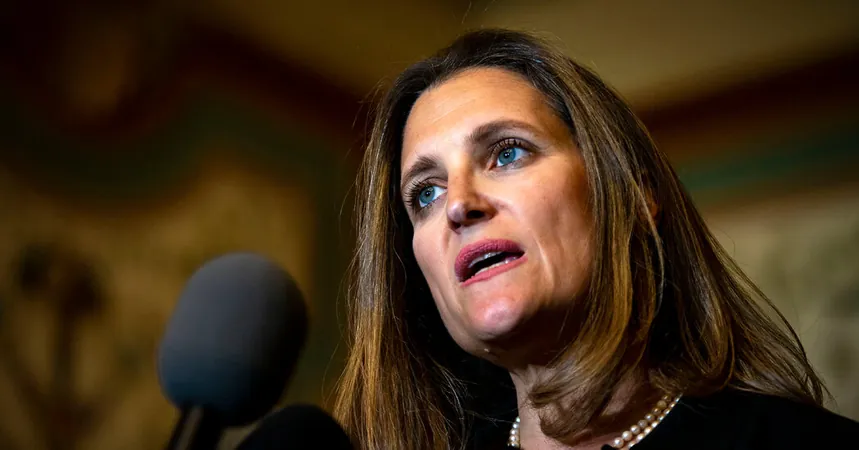
Chrystia Freeland Seeks to Make History as She Enters Race to Succeed Trudeau Amid Political Storm
2025-01-17
Author: Emily
Introduction
Chrystia Freeland, the former Deputy Prime Minister of Canada and a key figure in Justin Trudeau's cabinet, has officially announced her candidacy to replace him as leader of the Liberal Party and Prime Minister. Her announcement, made via a concise six-word message on social media platform X, declares: “I’m running to fight for Canada.”
Freeland's Political Journey
At 56 years old, Freeland's political journey has seen her rise from journalism to one of the most prominent positions in Canadian politics. Known colloquially as Trudeau’s "Minister of Everything," Freeland has played crucial roles since being appointed Deputy Prime Minister in 2019. However, tensions between the two escalated sharply after Freeland's unexpected resignation in December, a decision many believe was pivotal in precipitating Trudeau's own announcement that he would step down.
Current Political Climate
Trudeau has faced mounting criticism for his handling of various issues, not least the high cost of living, which has left many Canadians feeling disillusioned. With inflation impacting everything from housing prices to grocery bills, public sentiment has turned against the ruling party. To make matters worse, Freeland’s once-cozy relationship with Trudeau has become a political liability as the Conservative Party, under Pierre Poilievre's leadership, exploits this connection, claiming she represents the status quo and the problems facing Canadians.
Challenges Ahead
As Freeland embarks on her leadership campaign, a major challenge looms: convincing voters that she can effectively address their concerns and provide a fresh alternative to the Conservatives, who currently lead the Liberals by a striking 25 percentage points in polls. Freeland is set to formally launch her campaign on Sunday in Toronto, her electoral district, where she will likely face tough questions regarding her past policy decisions and how she intends to separate herself from Trudeau's legacy.
Immigration Policies
One of the factors complicating Freeland's bid is the public's reaction to Canada's immigration policies. Over 2.3 million newcomers have arrived in Canada in the last two years, a move that the government argues is essential for filling labor shortages. Still, many Canadians criticize this influx for driving up housing costs and putting additional pressure on the public healthcare system.
Freeland's Political Stance
Freeland's previous clashes with Trudeau highlight a more contentious side to her political career. After opposing his proposal for a temporary sales tax break during the holiday season—which Freeland calculated could cost Canada about 1.6 billion Canadian dollars—she emphasized the need for fiscal prudence, particularly in light of potential tariffs threatened by U.S. President-elect Donald Trump.
Background and Experience
Born and raised in Alberta, Freeland's Ukrainian heritage has influenced her strong stance against Russia's invasion of Ukraine. A Rhodes Scholar and former journalist, she is married to a reporter with The New York Times and has three children. Her deep involvement in significant negotiations, such as the recent overhaul of the North American Free Trade Agreement, showcased her capabilities, even as she faced harsh criticism from Trump during those discussions.
Competition in the Race
Freeland’s entry into the race pits her against other notable contenders, including Mark Carney, the former head of the Bank of Canada and the Bank of England, who is also a close friend and the godfather to one of Freeland’s children. Carney's candidacy adds complexity as both candidates bring strong economic credentials to the table, but Freeland will fight to prove that, despite her ties to the current administration, she can lead Canada into a new chapter.
Future Outlook
As she moves forward in this challenging political landscape, all eyes will be on Freeland to see if she can unite the party and present a viable challenge to the leading Conservative Party, especially as general elections loom on the horizon. The stakes couldn't be higher for Canada at this juncture in its political history.
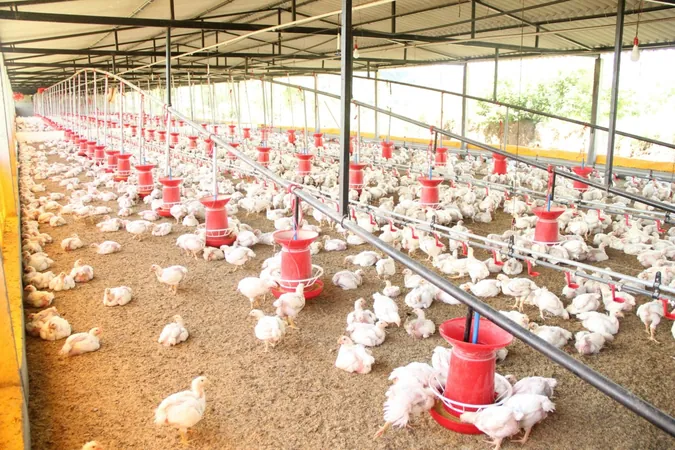
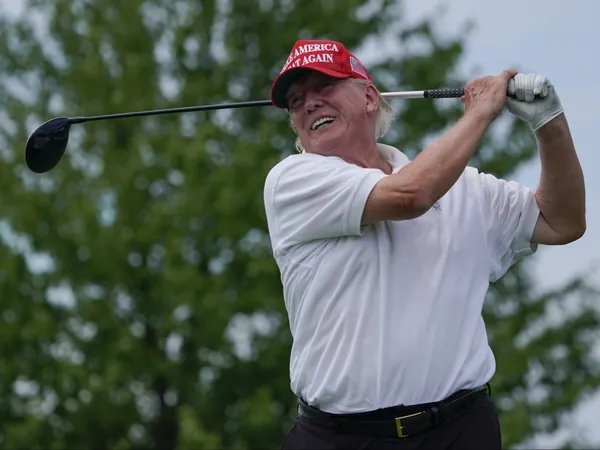
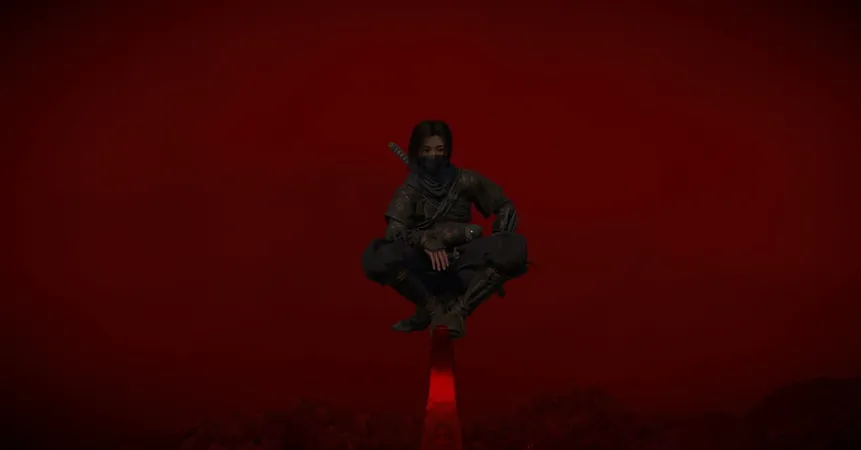
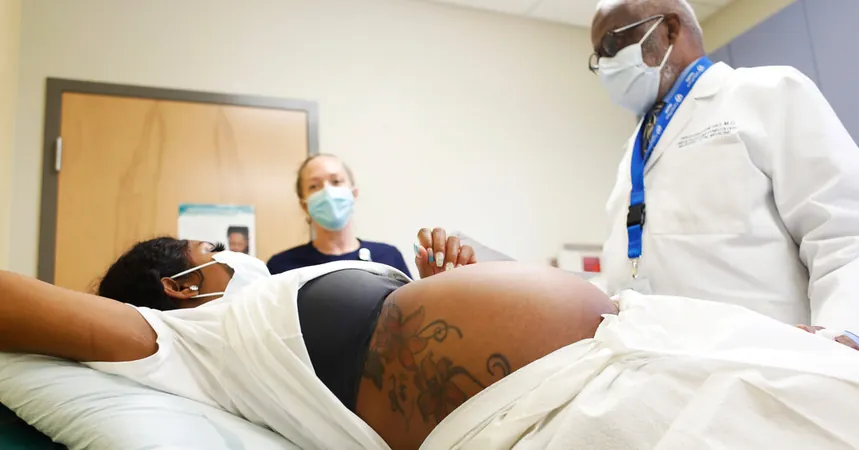
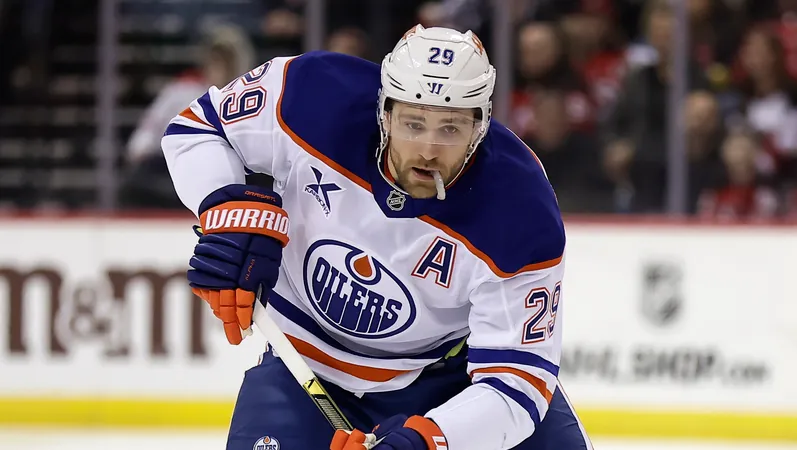
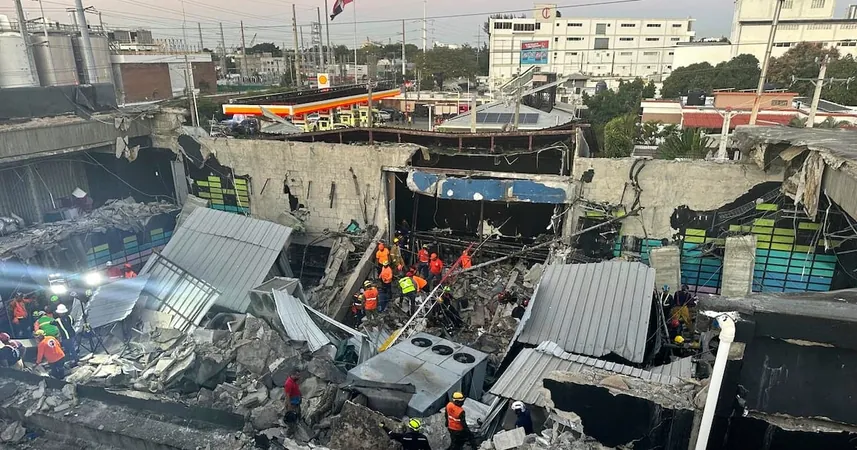
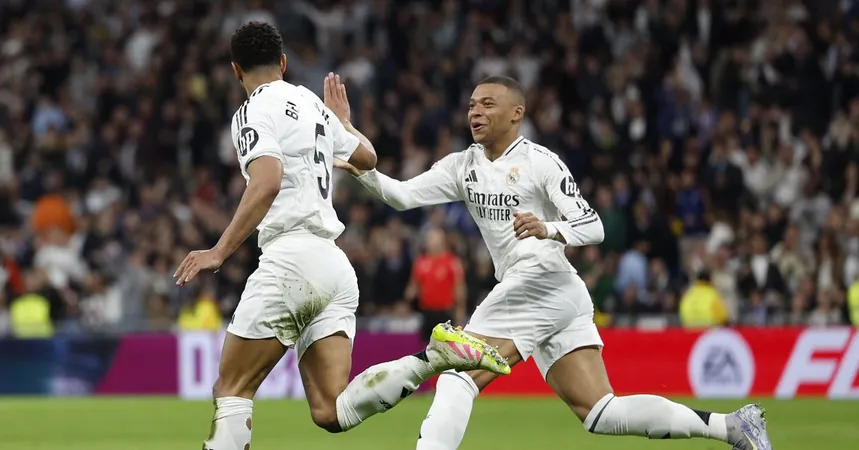
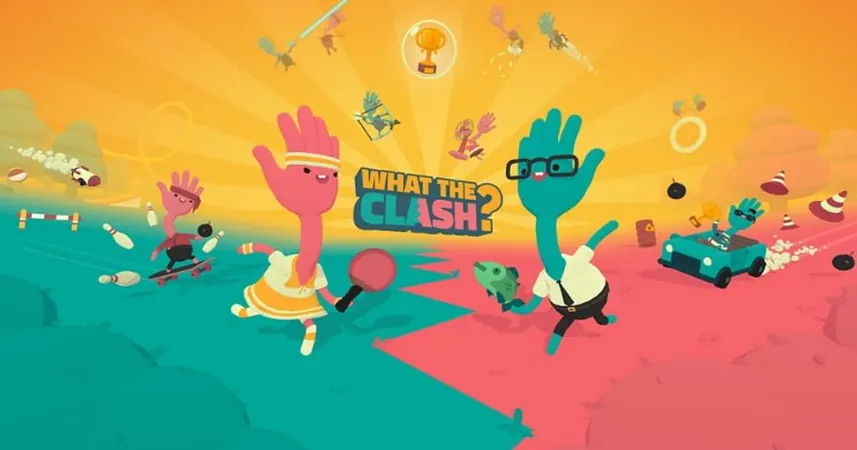
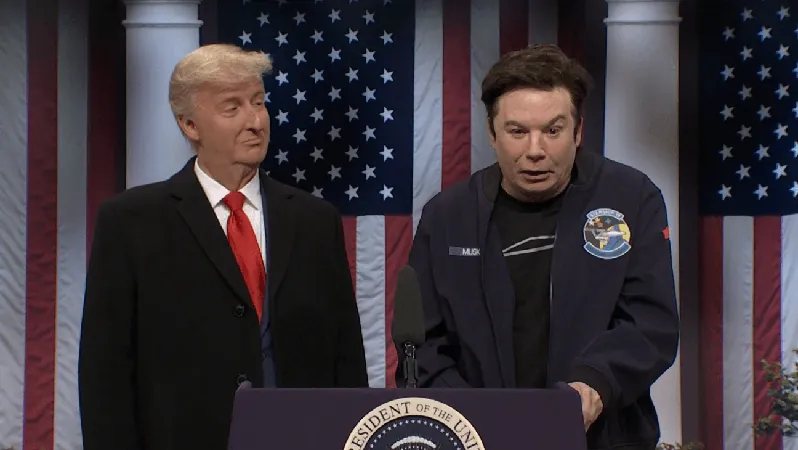
 Brasil (PT)
Brasil (PT)
 Canada (EN)
Canada (EN)
 Chile (ES)
Chile (ES)
 Česko (CS)
Česko (CS)
 대한민국 (KO)
대한민국 (KO)
 España (ES)
España (ES)
 France (FR)
France (FR)
 Hong Kong (EN)
Hong Kong (EN)
 Italia (IT)
Italia (IT)
 日本 (JA)
日本 (JA)
 Magyarország (HU)
Magyarország (HU)
 Norge (NO)
Norge (NO)
 Polska (PL)
Polska (PL)
 Schweiz (DE)
Schweiz (DE)
 Singapore (EN)
Singapore (EN)
 Sverige (SV)
Sverige (SV)
 Suomi (FI)
Suomi (FI)
 Türkiye (TR)
Türkiye (TR)
 الإمارات العربية المتحدة (AR)
الإمارات العربية المتحدة (AR)